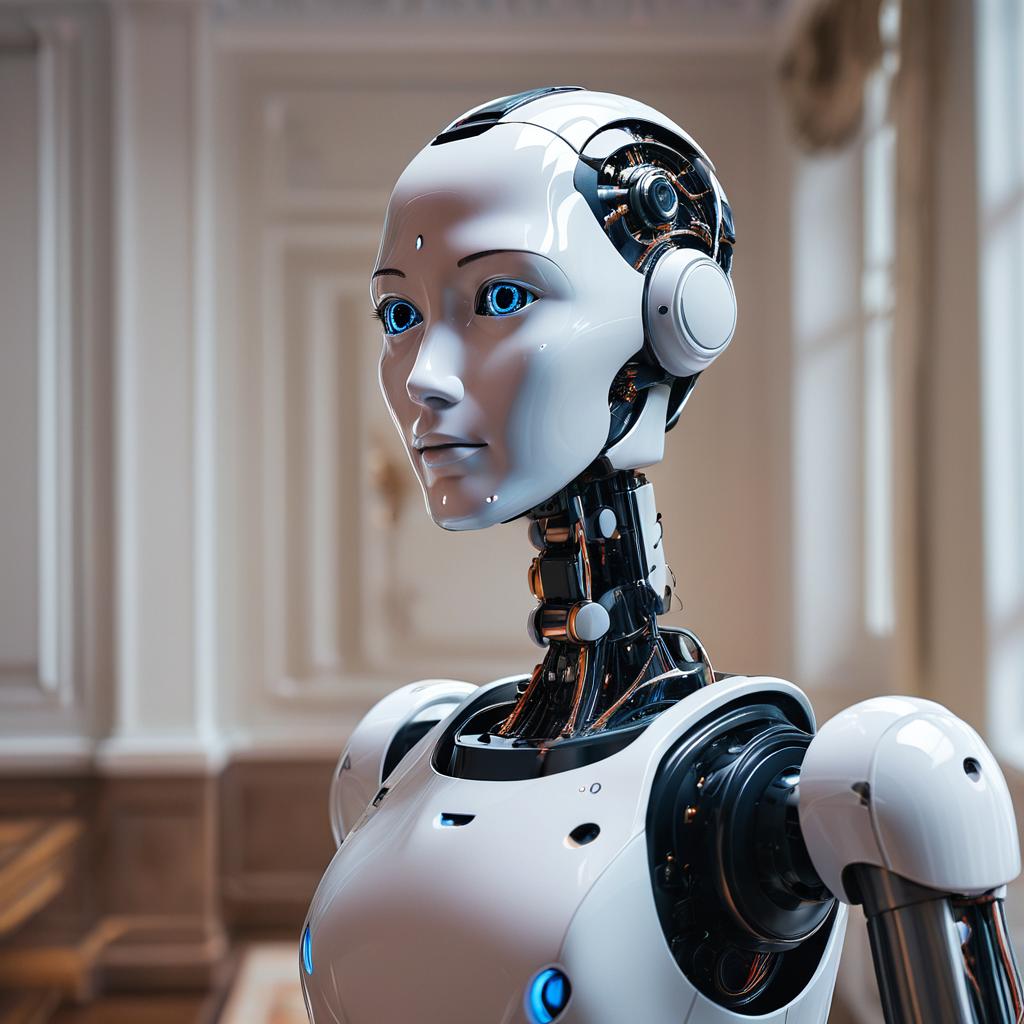
In the age-old dance of diplomacy and conflict resolution, humans have always been the lead performers. From closed-door negotiations to reading subtle cues, our ability to navigate complex emotions and relationships has been the cornerstone of peace efforts worldwide.

But now, a new contender has entered the ring: artificial intelligence (AI). With its promise of efficiency and insight, AI is stepping onto the stage of mediation, armed with algorithms and data analysis.
Advocates of this technological revolution argue that AI can revolutionize the way conflicts are resolved. They point to success stories like remote negotiations facilitated by Skype during COVID-19 restrictions and the hybrid model of digital and personal interactions used by UN representatives in Libya.
New technology tools like maps (GIS) and virtual reality (VR) help diplomats understand conflict areas better. VR is like stepping into another world, letting diplomats see and feel what people in conflict zones experience. This helps them make smarter choices.
Furthermore, AI’s ability to analyze vast amounts of data quickly can identify emerging threats to peace processes and provide insights into public sentiment. Initiatives like the UN’s pilot project in Uganda, which used AI to analyze radio broadcasts, demonstrate the potential of technology in conflict resolution.
However, it’s not all smooth sailing. AI, like its creators, is not immune to bias. Data fed into AI systems can reflect existing prejudices and promote discrimination, raising concerns about fairness and authenticity in mediation efforts.
Authentication of information becomes crucial in a digital age where fake news and images abound. Without a shared basis of evidence, mediation efforts can falter. Technologies like blockchain offer secure storage and authentication of digital material, but challenges remain in ensuring data integrity and accessibility.
While digital technologies offer new perspectives on conflict resolution, they cannot replace the human element. The heart of any political process lies in the interactions between individuals with deeply held beliefs and ideologies. As Richard Gowan from the UN emphasizes, technology cannot erase the human dimension of peace.
In the end, the question of whether AI can mediate conflict better than humans is not about choosing one over the other. It’s about leveraging the strengths of both to create more effective and inclusive mediation processes. As we navigate this new frontier, let us not forget the importance of human empathy and understanding in building lasting peace.

